We recently connected with Andy Taylor and have shared our conversation below.
Andy, looking forward to hearing all of your stories today. Let’s jump right into the heart of things. Outsiders often think businesses or industries have much larger profit margins than they actually do – the reason is that outsiders are often unaware of the biggest challenges to profitability in various industries – what’s the biggest challenge to profitability in your industry?
To accomplish my dream of being a film writer/director, I believed this dream would simply manifest itself if I put all my eggs in one basket. Consequently, I never pursued film with profits in mind. I always believed profits would come as a byproduct of hard work. (Because success = profits).
The answer, I realized, was more complicated than I had imagined. This past summer, I worked an unpaid internship for a prestigious production company in Los Angeles. There, I realized salaries in the film industry were LOW, much lower than I had anticipated. Even at the top companies, many people out of college were making minimum wage (sometimes even no money), for their labor. After 10-15 years of grinding work, people were able to make nearly 6 figures, but by 10-15 years out of college, I had imagined I’d already be a director.
I sought answers to this conundrum elsewhere, by consulting established and up-and-coming writer/directors in LA. One of which was Lee Isaac Chung (director of Minari and Twisters). There was a common theme: working 80+ hours a week, (40 at work and 40+ on independent projects) and redistributing the little pay you get from the industry into personal projects. The silver lining was, that at 30, if still continuing this crazy lifestyle, breakthroughs would finally be made. This, was scary. How would it be possible to raise a family? How would I pay rent? How would I convince my family this is a good idea?… There had to be a better way.
Over this past year, I’ve realized the better path may be in commercials. A successful commercial producer spoke in one of my classes last year. Many didn’t pay much attention, (including me), because everyone was too tunnel-visioned in the narrative film space. However, tracking back to the conversation, I remembered he mentioned the potential for profitability in the industry. I reached out to him via my professor, and he gave me valuable insight on how to break through the commercial industry. From there, I restored a small commercial production company I ran over uneventful summers, and reached out to potential clientele in New York City. I managed to get my first paid gig in New York City, and am making two other commercials for well-established companies. One of which, is for the Center for Food as Change, who wants a short-documentary on their project to have the NYPD redistribute their fresh produce to food deserts in the Bronx. We hope to examine the NYPD’s relationship with communities in New York City, and hopefully help amend these relationships.
With these projects, I hope to scale the company by adding like-minded NYU students as employees. From there, we can charge more for commercials, and all of us can have a profitable path post-college.
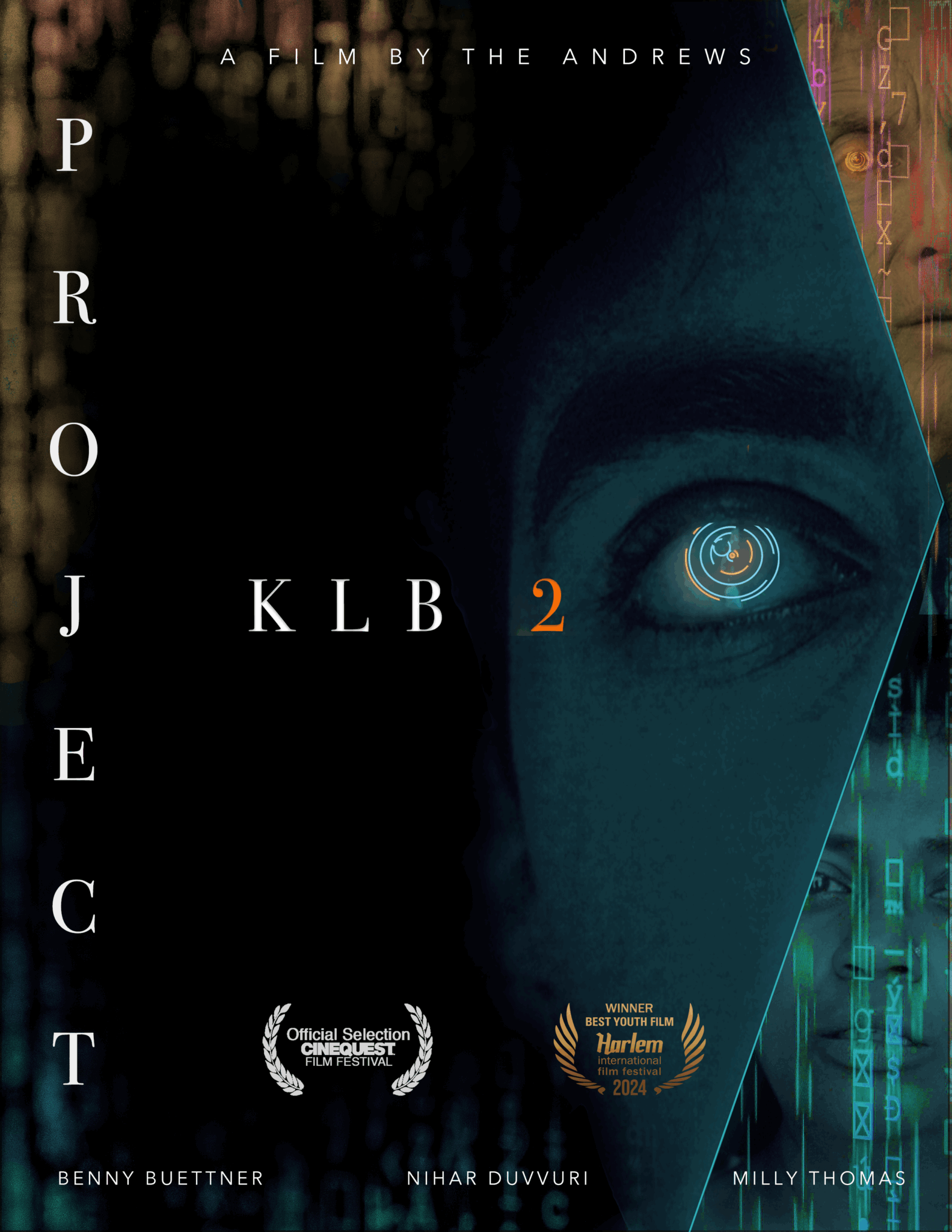
Awesome – so before we get into the rest of our questions, can you briefly introduce yourself to our readers.
I’m Andy, a third-year student-athlete from the Bay Area attending New York University’s Tisch School of the Arts majoring in Film & Television. I run for NYU’s D3 cross country and track team, and am a national qualifier. I aspire to be a writer/director of independent feature films, and have written/directed over 15 short films. After my freshman year, I co-directed/co-wrote the sci-fi short “PROJECT: KLB2” nominated at the Oscar-Qualifying Cinequest International Film Festival (Ranked T50 Internationally). It also won Best Youth Film at the Harlem International Film Festival. I wrote/directed “Camille”, voted as the best final project in my sophomore year production class. I currently have two projects that are in distribution, “The Man Who Never Cried”, and “A Love Letter to the Last Girl on Earth”.
My first ever taste of filmmaking was through photography. When I was 10, on a trip in Yosemite, my parents gave me their scrappy Nikon camera to play around with. Even though I sucked, I took one unbelievably lucky photo of a coyote standing against a road during a winter storm. That photo hung in my bedroom for the rest of my life.
However, I didn’t ever really get into photography for a while. Instead, I edited really bad gaming videos of the web browser game Agar.io and Minecraft, until I got teased too much by friends in middle school and stopped. When COVID happened during my sophomore year of high school, I self-taught myself photography out of boredom. I would bike around my neighborhood and teach myself camera fundamentals like ISO, shutter speed, and aperture. After a year, I won the ACNC International Photography Youth Landscape/Waterscape contest, with my photo, Gold. I loved photography, but after an encounter with two mountain lions in the remote Bay Area mountains at night, I started to rethink my path. (I was forced to stay home by my parents). I didn’t see a future in photography, especially landscape photography. Using my skills in editing and the camera, I pursued filmmaking, and have never looked back since.
Professionally, I worked for the French production company StudioCanal over the summer as an international development intern. Two summers ago, after my freshman year, I started Daydreamor Production Company, a freelance venture specializing in low-cost advertisements for local Bay Area businesses. I worked with three companies: A Runner’s Mind, BGT Land Surveying, and Glenn Dodds & Associates. Since then, I have expanded my clientele to New York City, working with clients such as The Empire Elite Track Club, Nuclear New York, The Center For Food as Change, and the NYPD. Due to my background as a collegiate cross country runner, I hope to explore targeting the niche of running commercials. I also hope to target bigger clients, using the NYPD (which is the biggest client I’ve had so far), as a stepping stone to do so.
It’s hard for me to personally define what type of narrative films I tend to create. I’ve spent most of my time at NYU exploring and developing my voice. “The Man Who Never Cried”, one of my most recent films, is a conversational character-driven piece about two guys discussing emotional intimacy over coffee. It heavily contrasts my other most recent film, “A Love Letter to the Last Girl on Earth”, which is a post-apocalyptic romantic comedy about the last man on Earth in a platonic relationship with his blow-up inflatable sex doll. I’ve been told the common theme throughout my films is an exploration on loneliness and a desire for connection. My films tend to have bold cinematography/color palettes, largely due to my background in photography. Additionally, all my films are heavily character-based. I encourage improvisation (to an extent) because I believe it creates strong performances.
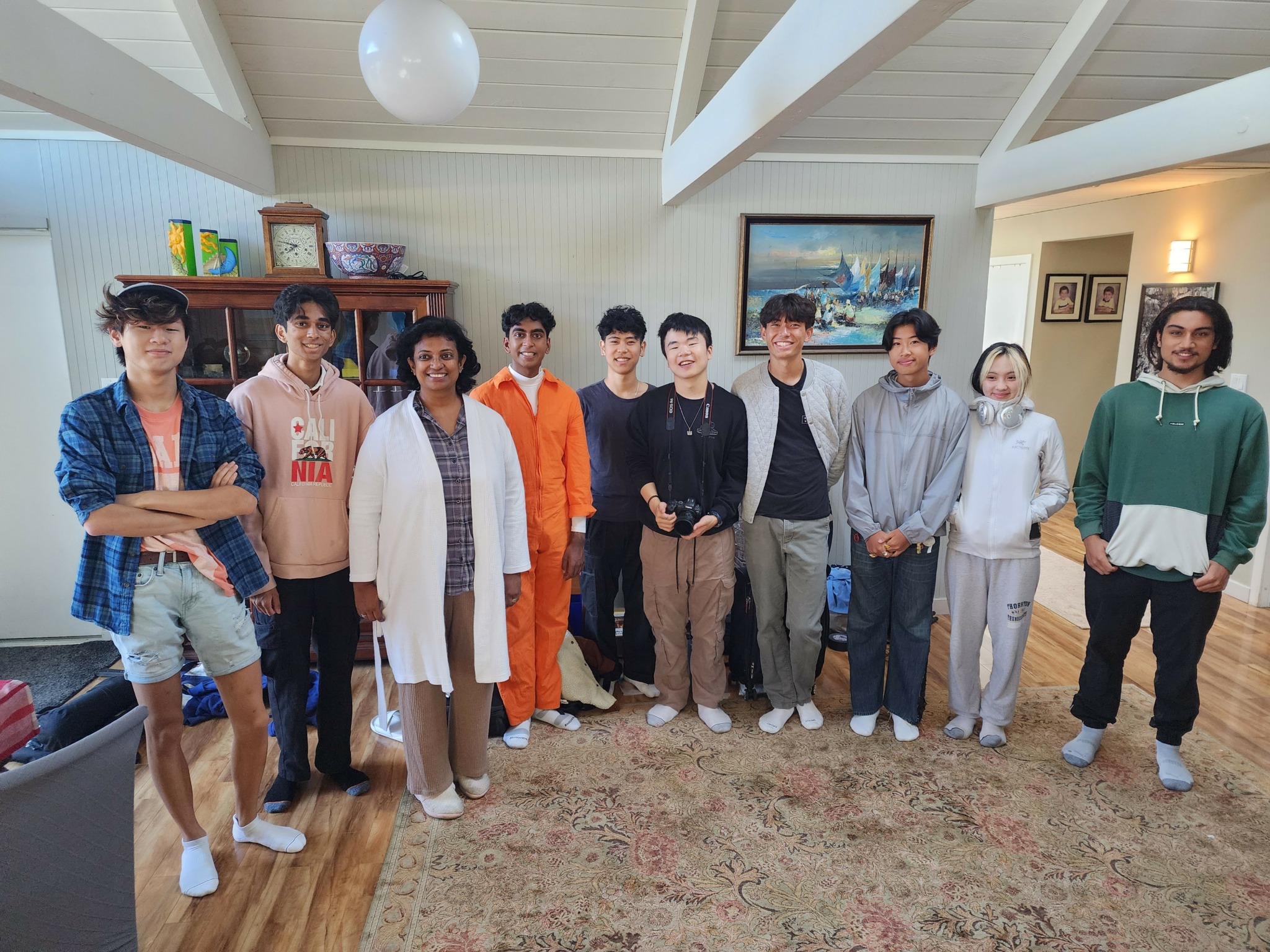
Are there any resources you wish you knew about earlier in your creative journey?
I wish someone would have been able to just tell me the typical career path of a writer/director. While I understand everyone’s career path is different, just knowing what possibilities are out there would have helped me a significant amount. Being born in a family with absolutely no ties to the industry (no family, no distant family, no friends) I spent most of my early years completely lost on what to do in college in order to give me the best post-college career outcomes. After talking with different writer/directors, here’s what I’ve learned if you are interested in being a writer/director:
– During college, make many, many, short films, but make sure you are creating them intentionally. Be ambitious.
– Work on many student sets and find your friends early. Diversify your interests.
– After college, there are some main paths: work in a studio, work in commercials/music videos, work in content creation, or work purely on independent projects. In all of the paths you will need to make independent projects simultaneously. Also, work towards a path that puts. you closest to the film industry.
– You probably won’t become a director until after 30 years old, so find something that will sustain you for that 10 year time gap.
– With the independent projects, it’s imperative that you are submitting to top tier film festivals/writing contests. Unless they are in the top 15/10 film festivals, they likely won’t do anything for your career. Unless you market your film heavily, releasing it on YouTube/Vimeo won’t do anything either.
– Don’t give up!
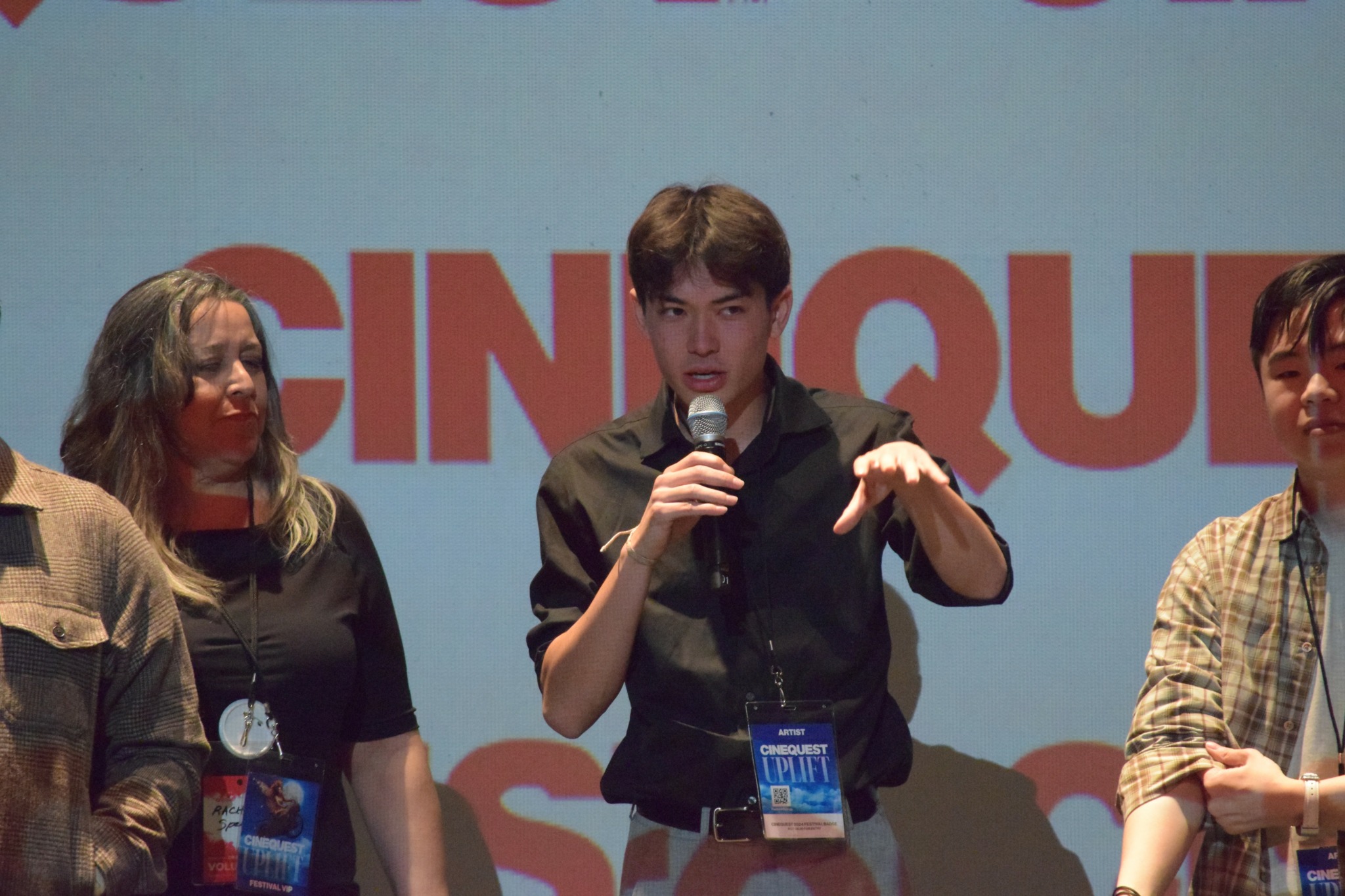
Have you ever had to pivot?
As briefly mentioned before, when I was full fledged in my landscape photography journey, I had a fateful encounter with two mountain lions while walking home at night. Even though they were a couple feet away from me, stalking me through bushes, I survived and hiked the mile back to my car with no cell data safely. This experience prohibited me from taking sunset photos alone for a few months. In that time span, I reflected upon my choices to pursue photography. I realized that photography was an unhelpful way to cope with a feeling I resonated with during COVID, which was loneliness. I enjoyed photography as a way to clear my head and get out of my room during quarantine. However, what would truly fix my loneliness would be a career that would emphasize collaboration. What would a future look like in photography? Solitude?
What inspired me more was getting a B in Physics and Computer Science. (I was also contemplating pursuing a STEM related field). In hindsight, this isn’t a big deal, but I figured that if I was talented with cameras, I should pursue it. I fell in love with collaborating through filmmaking after many periods of trial and error. I’m heavily thankful I decided to go down this path, and am excited for what the future beholds.
Contact Info:
- Website: https://andrewbtaylor954edfd.myportfolio.com/
- Instagram: https://www.instagram.com/andytaylor.photo
- Linkedin: https://www.linkedin.com/in/andy-taylor-26828b220
- Youtube: https://www.youtube.com/@andrewtaylor2829
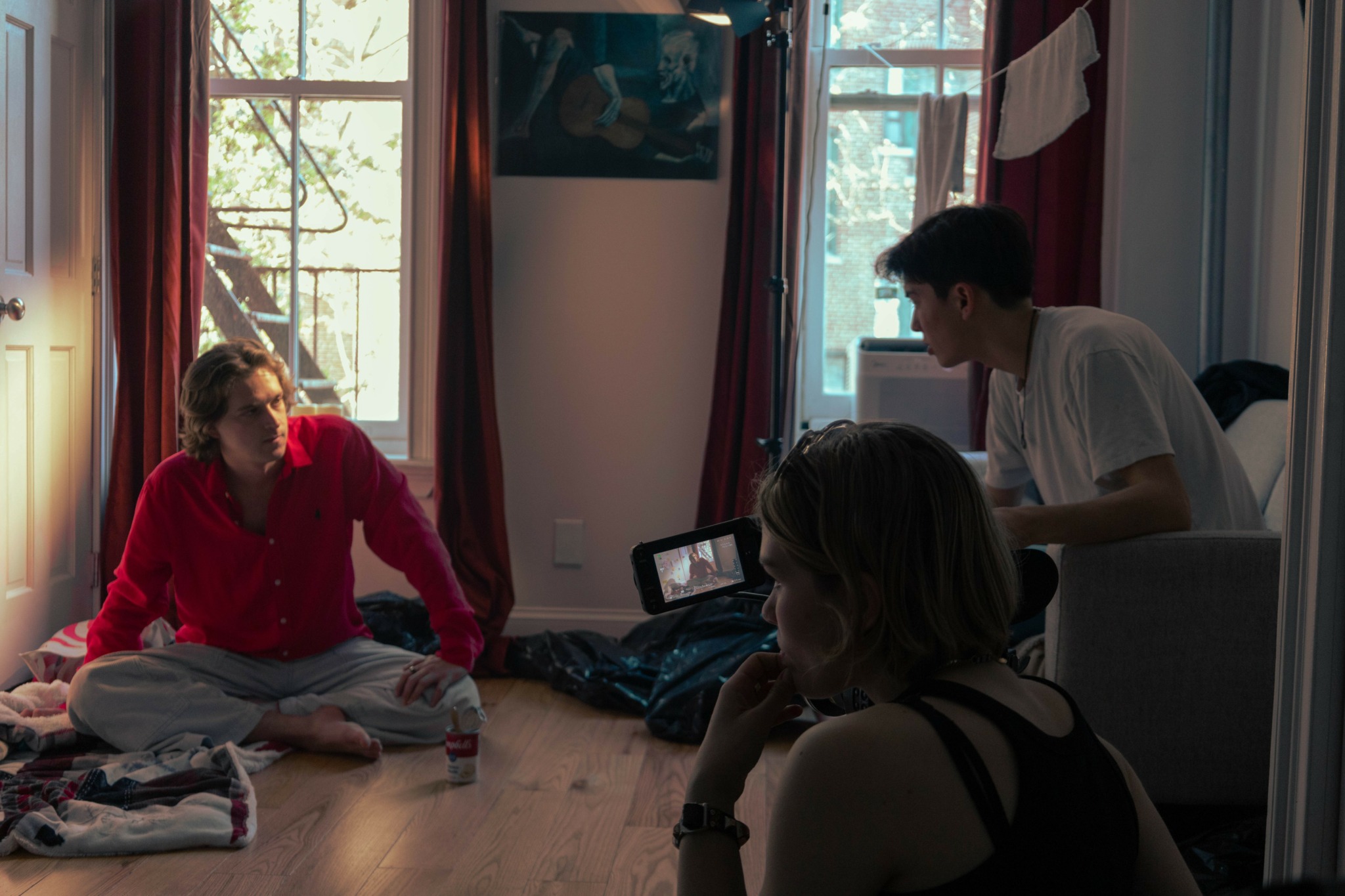
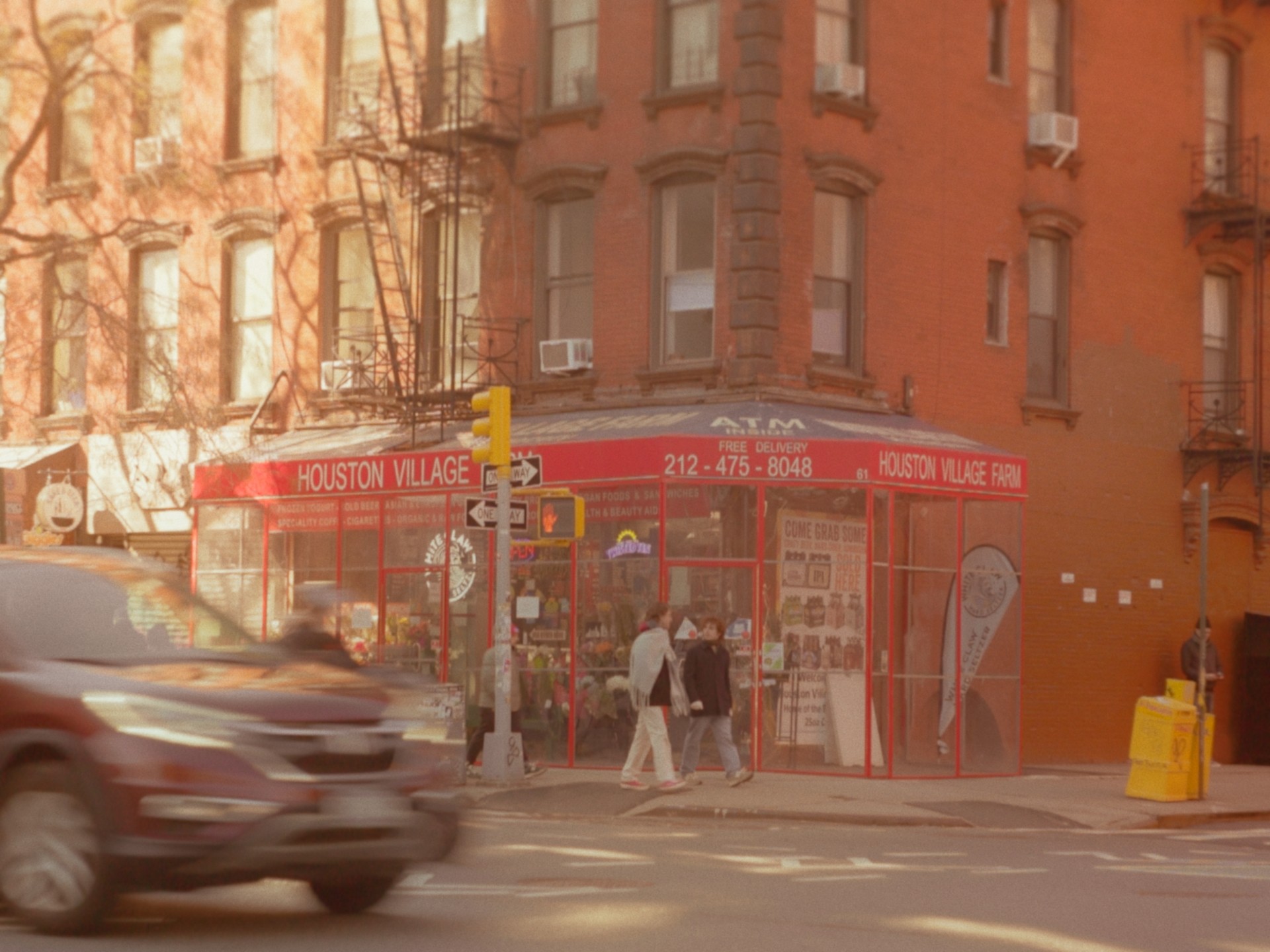

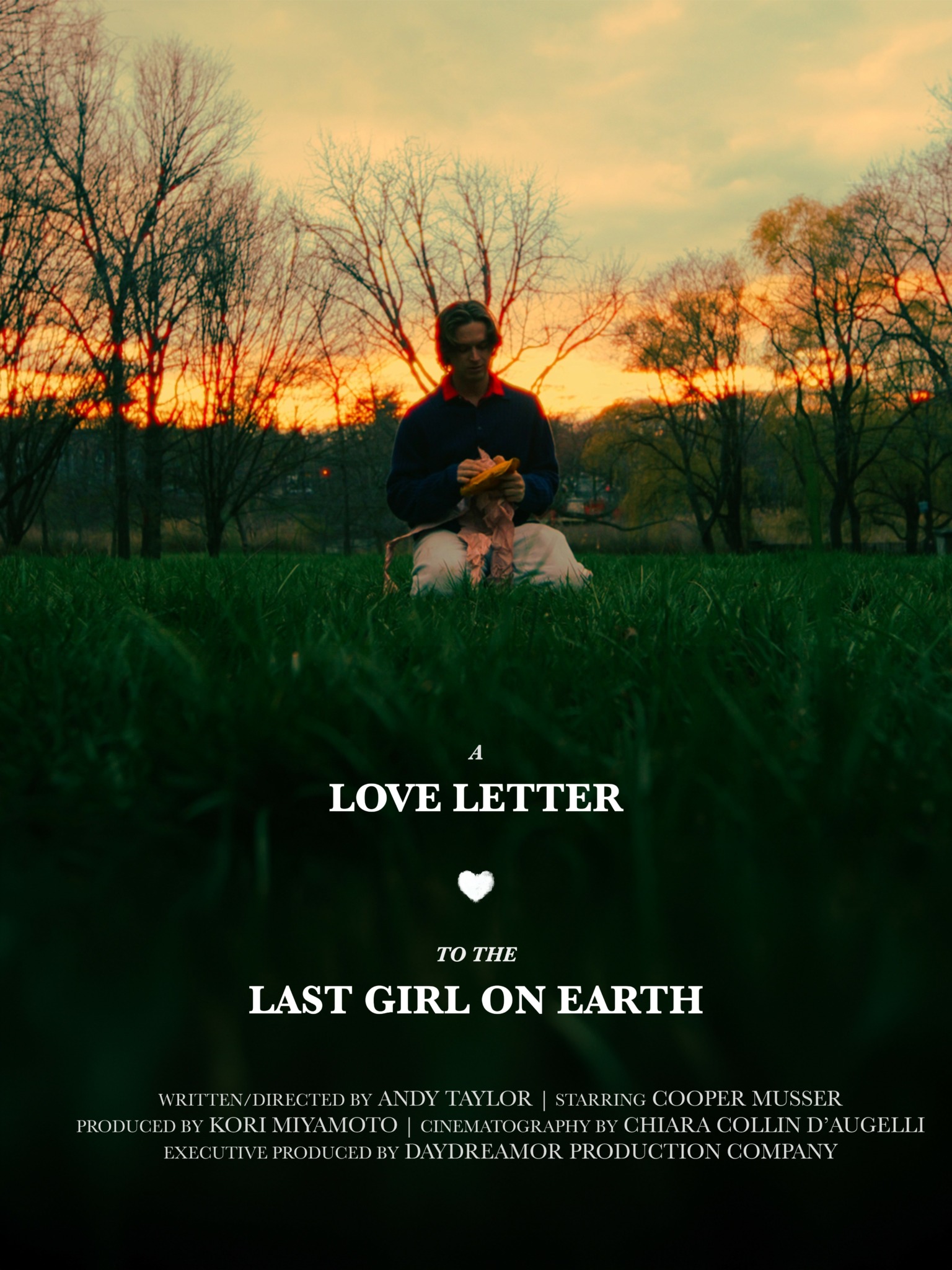
Image Credits
Kori Miyamoto, Allen Yuen, Lillian Lee


